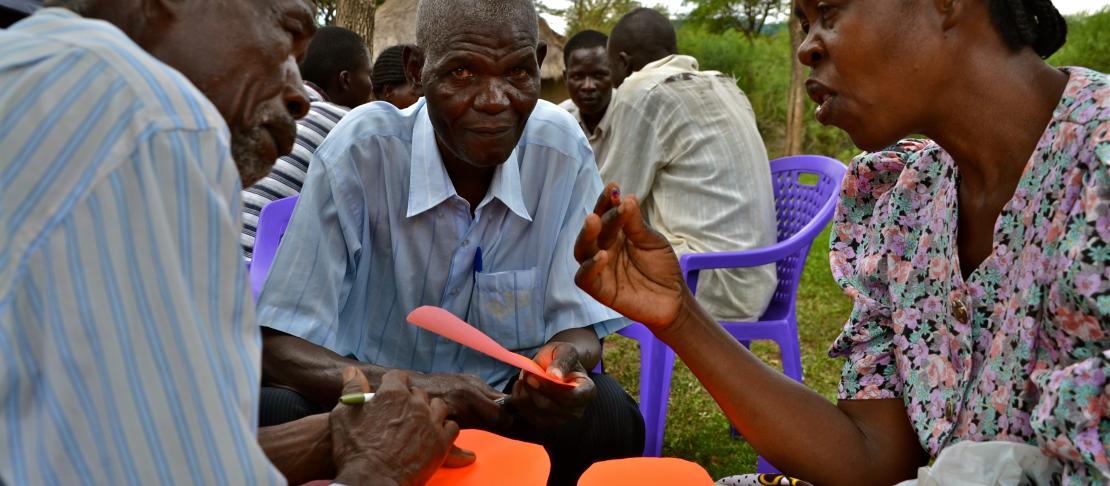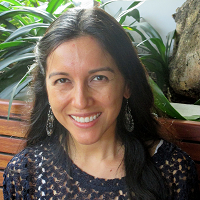Gender considerations in today's post COP 21 environment: what's missing?

Register now for this webinar that is part of the CGIAR Gender and Agriculture Research Network's new webinar series.
Date: February 22, 2016, Time: 10:00 a.m. EST
Click to register!
Background
The Paris Agreement has highlighted the opportunity for the global agriculture community (including CGIAR and partners) to influence the climate agenda, and thereby what course of action needs to be taken in order to improve the resilience of smallholders to climate change variability. The purpose of this webinar is to identify what is missing in terms of gender considerations at the policy level in today’s post COP21 environment. Last November, an analysis carried out by the CGIAR Research Program on Climate Change, Agriculture and Food Security (CCAFS) of the country-level climate plans submitted to the UN ahead of climate talks in Paris (COP21) highlighted the need for technical assistance and climate finance for adaptation and mitigation strategies related to agriculture. Based on the Intended Nationally Determined Contributions (INDCs) submitted by 15 November 2015, agriculture and land use appear to be key strategies for climate change mitigation and adaptation in a majority of countries.
Agriculture is particularly important to those countries which are counting on international assistance to meet their targets. However, very few INDCs refer to gender in relation to agriculture or women’s active role in addressing climate change adaptation and mitigation. The study also shows that countries, particularly in the developing world, will need support in capacity development as well as accessing knowledge and technologies, especially those related to data collection and monitoring. Climate-smart agriculture (CSA), a comprehensive approach for transforming and reorienting agricultural systems to support food security under climate change (Lipper et al. 2014), is a key focus within CGIAR. Increased attention to gender and social inclusion in a new agreement is therefore urgently needed. Join our speakers as they discuss their experiences regarding the need for greater recognition of women’s active role in agriculture and climate change adaptation and mitigation from three different policy perspectives.
Speakers
Sophia Huyer, Gender and Social Inclusion Research Leader, CGIAR Research Program on Climate Change, Agriculture and Food Security (CCAFS)
Tatiana Gumucio, Gender Postdoctoral Fellow, Decision and Policy Analysis research area, International Center for Tropical Agriculture (CIAT)
Wendy Okolo, Gender Specialist, International Center for Tropical Agriculture (CIAT)
About this webinar series
This is the first in a new webinar series on issues related to gender and agriculture, developed by the CGIAR Gender and Agriculture Research Network in collaboration with CGIAR Research Programs and partners. It has been designed as a knowledge sharing tool to facilitate exchange among the members of the CGIAR Gender and Agriculture Research Network. This webinar is based on work carried out by the CGIAR Research Program on Climate Change, Agriculture and Food Security (CCAFS), which is led by the International Center for Tropical Agriculture (CIAT). For more information contact Martina Mascarenhas at m.mascarenhas@cgiar.org



